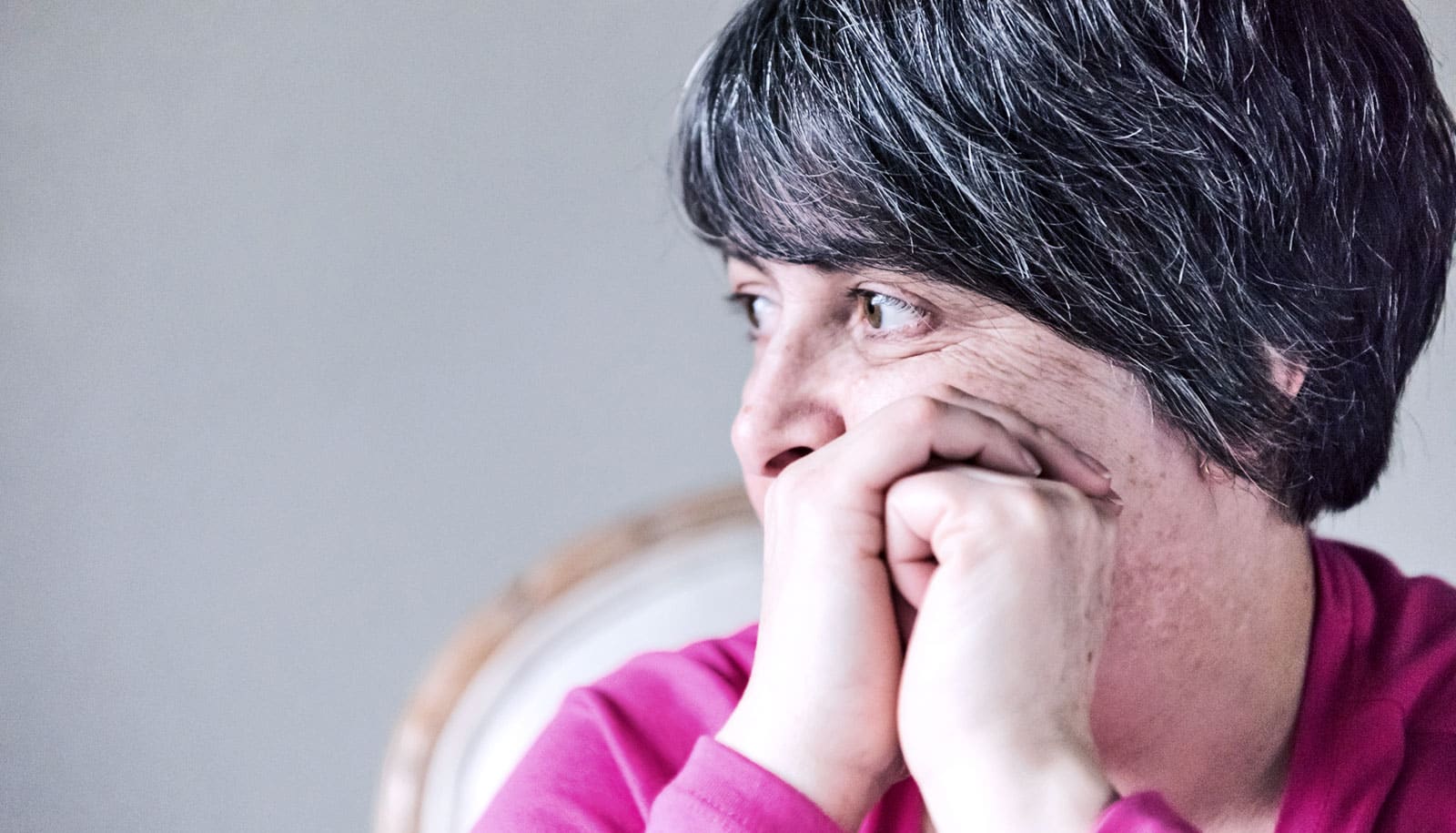Breast cancer patients and survivors need more support to help manage symptoms of “chemo brain,” which can include memory loss, short attention span, and mental confusion, researchers say.
The study involving 131 female breast cancer patients in Singapore revealed that almost half had suffered from cognitive decline at some point during treatment and up to one year post-treatment.
“I would walk from the kitchen to a room to get something, but once I reached the room, I would not be able to recall what I wanted…”
“Cognitive impairment among breast cancer survivors is an important issue now because early stage breast cancer is treatable. Knowing when patients experience these cognitive problems, and how long the symptoms persist, can aid the development of suitable screening and clinical management measures,” says research team leader Alexandre Chan, an associate professor in the pharmacy department of National University of Singapore’s Faculty of Science.
Breast cancer is the most prevalent cancer among Singaporean women. Each year between 2010 and 2014, more than 1,800 women in Singapore received a breast cancer diagnosis.
While current treatments convey excellent survival benefits—with more than 90 percent of patients surviving beyond five years—many patients acquire cognitive toxicities known as chemo brain. These toxicities can dramatically affect patients’ quality of life.
“Early treatment for breast cancer patients usually involves intensive therapy—this means that patients are exposed to high levels of chemotherapy drugs, and they are also at higher risk of long-term side effects. After treatment, we need to manage survivorship issues. However, the clinical presentation of cognitive toxicities remain poorly understood,” explains Chan.
To examine the impact of chemo brain on breast cancer patients, researchers evaluated patients with Stages I to III breast cancer. The researchers evaluated the patients at four points in time—prior to the start of chemotherapy, six weeks after chemotherapy started, 12 weeks after chemotherapy started, and approximately 15 months after the start of chemotherapy.
Researchers used both subjective and objective measures to assess cognitive decline. For the former, they asked patients whether they faced difficulty in areas such as concentration, memory, multitasking, and verbal fluency, using a validated questionnaire. They also evaluated patients on attention, memory, mental processing speed, and speed of response using a computer-based software.
The researchers found that almost half of the respondents suffered from some degree of cognitive impairment during treatment up to one year post-treatment. About 30 percent complained of cognitive impairment more than a year after chemotherapy. In addition, a year after undergoing chemotherapy, researchers objectively assessed 15 percent of the participants to suffer from memory challenges, and close to 10 percent experienced issues with response speed.
Chan Yoke, a graphic designer and breast cancer survivor, can attest to cognitive impairment as a result of chemotherapy. In 2015, she went through 16 sessions of chemotherapy, along with radiotherapy, as part of her treatment for breast cancer.
“I became forgetful after chemotherapy started. I would walk from the kitchen to a room to get something, but once I reached the room, I would not be able to recall what I wanted,” she says.
About three years after the start of her chemotherapy, Chan still grapples with the after-effects of her cancer treatment. She says her memory has not returned to what it was before she had cancer, and her thought processes are slower than they were prior to the start of her chemotherapy treatment.
A pill may beat mammograms at spotting breast cancer
The findings of the study draw attention to the difficulties breast cancer survivors face after completing treatment, when they begin to resume their societal roles. They also highlight the importance of raising awareness about cognitive impairment among breast cancer patients, so that they can be better prepared for the changes they will experience during treatment and survivorship.
“A well-rounded holistic survivorship program will be very useful for cancer patients and survivors. More importantly, we should actively screen and manage patients at risk of cognitive impairment. This is extremely important as we are expecting to see an increasing number of cancer survivors in Singapore, and cognitive impairment can bring significant negative impact to survivors’ quality of life,” Chan says.
The research appears in the journal Psycho-Oncology.
Researchers from the National Cancer Centre Singapore and KK Women’s and Children’s Hospital contributed to the study.
Source: National University of Singapore



